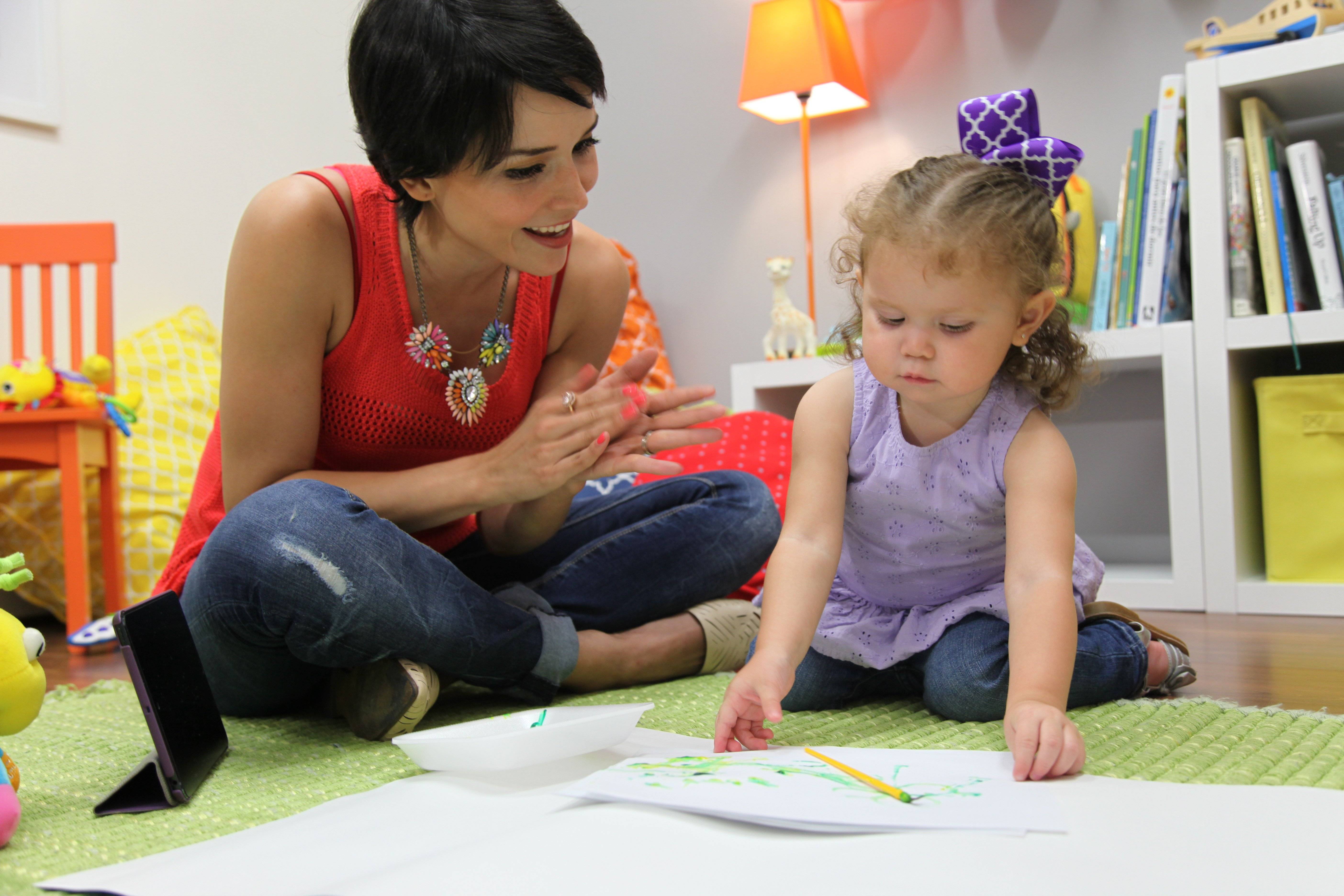- Praising children can strongly influence their self-esteem, intelligence, and disposition to take on challenges.
- Certain types of praise, such as praising inherent intelligence, can discourage children from taking on new challenges and lead to a fixed mindset.
- Praising effort instead of outcomes promotes a growth mindset, which allows children to have a positive attitude towards failure and believe that persistence leads to success.
- Parents should praise their children’s strategies, improvement, or effort to teach them that intellectual skills can be acquired, and should encourage children to embrace challenges to develop motivation and perseverance.
Praising children can strongly influence their self-esteem, intelligence, and disposition to take on challenges. However, according to new studies, certain types of praise may actually do more harm than good.
For example, saying “You are so smart” may not be the best type of praise; it could even discourage a child from taking on new challenges.
Research by Carol Dweck, world-renowned Stanford University psychologist, showed that children who perceive their success as a result of their inherent intelligence were more prone to have a “fixed mindset”. This means that they see talent and intelligence as something they were born with, not as skills that can be learned and nurtured through effort. This becomes especially problematic when their identities become attached to an outcome.
What happens when a child grows up hearing praises like “you are so smart”?
According to Dr. John Medina, author of the national bestseller Brain Rules for Baby, children will start to perceive their mistakes as failures. This happens because they are used to seeing their previous successes as a static ability; that is, natural talents they were born with rather than a product of their effort. Failure is thus perceived as a lack of ability, which they have no control over.
In comparison, when children are praised for effort, they tend to develop something that Dweck calls a “growth mindset”. This type of mindset allows children to have an uplifting attitude towards failure. In other words, they will tend to believe that, when faced with hardships, having persistence will lead to success.
Praising children correctly
As you can see, effort is a key element in a “growth mindset”. But how can you promote that kind of effort in your children? Surprisingly, it is how you praise them!
Dr. Medina explained that what parents praise defines what their children perceive success to be, and here is where parents make a common mistake: applauding the outcome, such as a grade or talent. So, instead of saying “I’m so proud of you, you’re so smart!”, parents should say “Good job, you got that answer right! Show me how you did it” or “I’m so proud of you, you must have studied really hard!”. Instead of praising children for their outcomes, parents should praise their strategies, improvement, or effort to teach them that intellectual skills can be acquired. By doing this, children are more likely to view challenges and failure as opportunities rather than limitations.
Encountering setbacks is inevitable in the journey to success. So, parents should start teaching their children how to embrace challenges by praising them in the right way. It is also important to mention that mindsets can be changed. You can always teach your little one a growth mindset and they will be more motivated and resilient.








